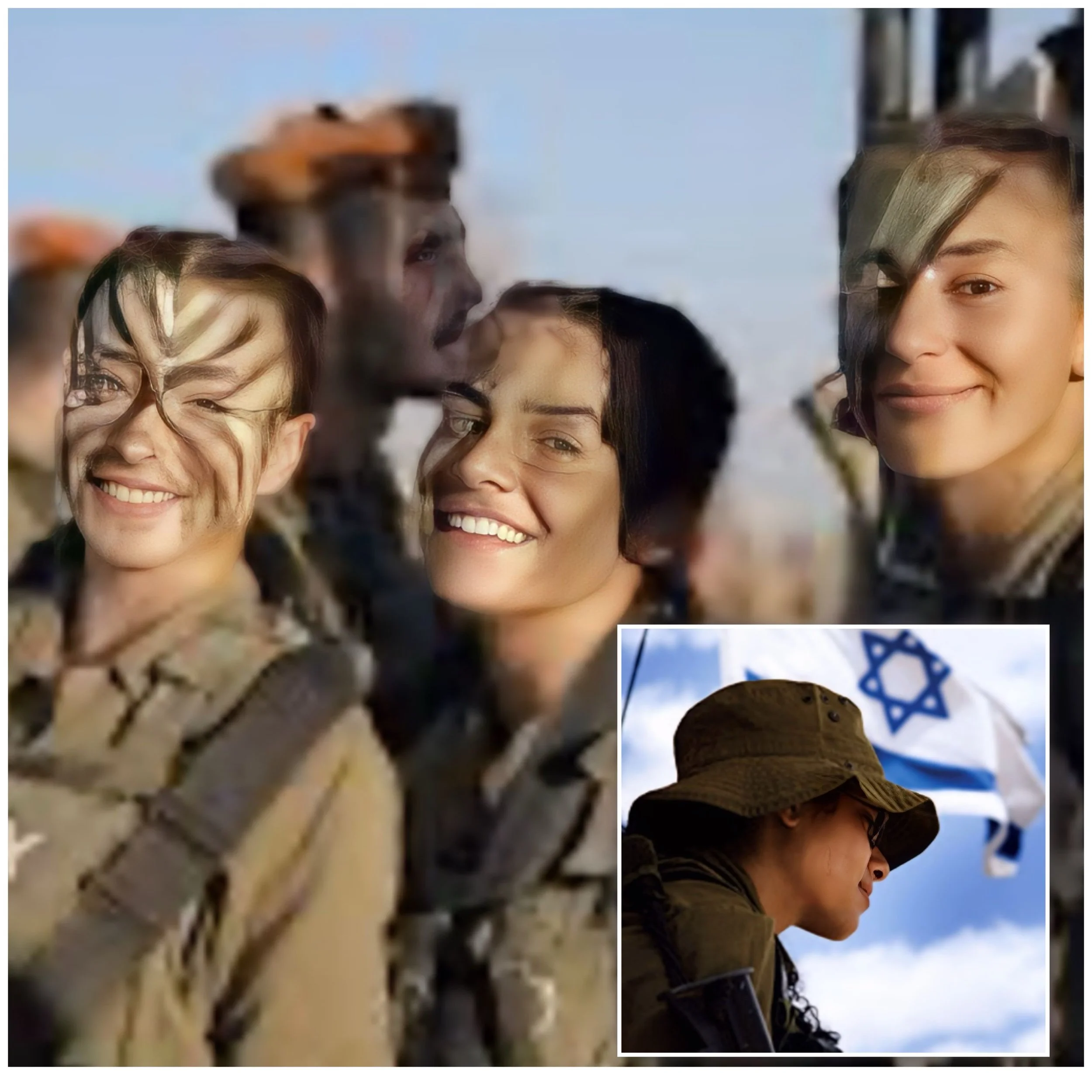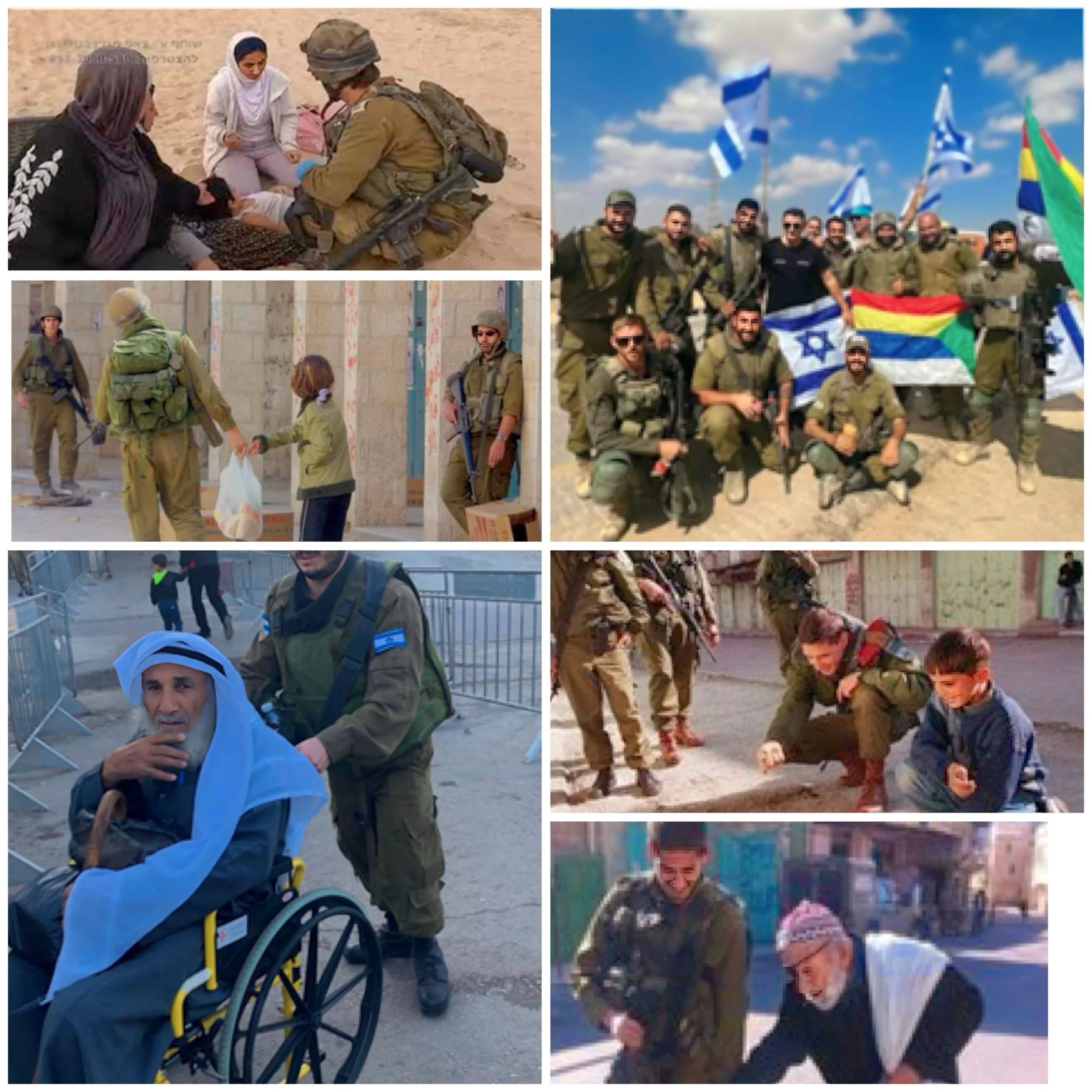What Motivates Women to Join the IDF?
Introduction
The participation of women in the Israel Defense Forces (IDF) has evolved significantly over the decades, with their presence now felt in combat roles, command positions, and technologically advanced units.
But what drives these women to take on such challenging roles, and what does their journey entail?
The Motivation Behind Joining Combat Roles
National Duty and Contribution to Security
For many women, serving in the IDF is more than a mandatory requirement; it is a calling deeply rooted in cultural, familial, and historical influences. The legacy of women contributing to Israel’s security, inspired by figures like Golda Meir and Hannah Szenes, instills a sense of pride and responsibility.
For others, growing up in a culture that values collective service, and resilience reinforces the idea that protecting the homeland is not just a duty but a shared heritage and honor.
The key motivator is the desire to protect their homeland and contribute to national security. In a country where military service is deeply embedded in the social fabric, many women view joining combat roles as an opportunity to play a significant part in safeguarding Israel’s borders and its people.
Personal Challenge and Growth
Combat roles demand extraordinary physical and mental resilience. Consider the story of Lieutenant Ariel, who overcame immense odds during a critical operation.
Despite being outnumbered and under intense fire, she led her unit to secure a strategic position, showcasing not just tactical brilliance but the unyielding mental and physical strength required in combat.
Her journey highlights the grit and determination that define many women in these roles, inspiring others to push their limits and embrace challenges. For some women, these roles provide an avenue to challenge societal norms, push personal boundaries, and prove their capabilities in a traditionally male-dominated field.
Overcoming these challenges often leads to unparalleled personal growth and a sense of achievement.
Breaking Stereotypes and Promoting Gender Equality
The desire to shatter gender stereotypes fuels the motivation of many female soldiers. They see their participation in combat units as a statement of equality, demonstrating that women can excel in roles traditionally reserved for men. Their success inspires other women and promotes a culture of inclusivity and equal opportunity.
For instance, the increase in women excelling in combat roles led to a significant rise in female recruits aspiring to join elite units, prompting the IDF to introduce new policies that expanded opportunities for women in advanced training programs.
Leadership and Career Development
For women aspiring to leadership roles or a military career, combat positions provide a clear pathway to advancement. These roles often involve intensive training and exposure to decision-making in high-pressure environments, cultivating skills that are highly valued within and outside the military.
A Sense of Community and Purpose
The camaraderie and sense of belonging in combat units create a unique and supportive environment. For many women, serving alongside their peers and contributing to a shared mission offers a profound sense of purpose and pride.
The Rigors of Training
Women in combat roles undergo rigorous training designed to prepare them for the physical and mental demands of the battlefield.
These programs mirror the structure of male training while integrating specific adjustments to accommodate physiological differences, such as tailored fitness routines to reduce the risk of injuries like stress fractures.
In mixed-gender units, additional efforts ensure that training fosters teamwork and mutual respect, reflecting the demands of collaborative combat scenarios. Here is an overview:
Physical Training
Combat training includes intensive physical exercises such as long-distance running, obstacle courses, and weightlifting. Women’s programs account for physiological differences, providing tailored fitness routines to minimize injuries such as stress fractures, which are more common among female soldiers.
Despite these adjustments, the physical standards remain challenging and emphasize endurance, strength, and agility.
Tactical and Combat Skills
Trainees learn essential battlefield skills, including weapons handling, navigation, and team tactics. These exercises simulate real-life combat scenarios, preparing soldiers for the unpredictable nature of warfare.
Classroom and Technological Training
In addition to physical and tactical preparation, female soldiers receive classroom instruction on the latest military technologies.
From operating advanced communication systems to mastering drone technology, these sessions equip them with cutting-edge skills that enhance their effectiveness in modern warfare.
Psychological Resilience
Recognizing the mental toll of combat, the IDF strongly emphasizespsychological training. Soldiers learn stress management techniques and undergo simulations designed to build mental fortitude for high-stakes situations.
The Hidden Realities of IDF Women
The world often sees the IDF as a powerful military force, but the stories of its female soldiers reveal a deeper narrative of courage, innovation, and resilience. Here are some lesser-known aspects:
Trailblazers in Combat Units
Women serve in mixed-gender combat units such as the special units. These units have demonstrated the value of integrating women, with female soldiers playing critical roles in high-stakes operations.
For example, during the October 7th attacks, female commanders like Lieutenant Ariel led their troops with exceptional bravery, highlighting the indispensable role of women in the IDF.
Overcoming Physical and Social Challenges
Despite facing higher risks of injuries like pelvic stress fractures, women in the IDF persevere through innovative training programs and unwavering determination. Socially, they challenge deep-seated stereotypes, paving the way for a more inclusive military culture.
Unsung Heroes of Modern Warfare
Beyond combat, women in the IDF contribute to Israel’s defense through roles in intelligence, cyber units, and technology.
Their work often involves cutting-edge innovation, from developing cybersecurity measures to operating advanced surveillance systems, showcasing their versatility and technical expertise.
Inspiration for Future Generations
By stepping into roles that were once deemed unattainable, these women inspire younger generations to pursue their ambitions fearlessly.
Take the story of Maya, a young Israeli student who, inspired by the bravery of IDF women, decided to join a local youth leadership program. "Seeing women succeed in combat roles showed me that I can face challenges head-on," she shares, exemplifying the ripple effect of their accomplishments.
Their stories of bravery and dedication serve as powerful examples of what can be achieved through determination and resilience.
Why Their Stories Matter
Including women in combat roles is more than a reflection of changing societal norms; it is a testament to their capabilities and an essential component of Israel’s defense strategy. By balancing tradition with progress, the IDF sets an example for militaries worldwide, proving that diversity strengthens unity and effectiveness.
In the face of evolving threats, IDF women stand as a living embodiment of courage, resilience, and innovation. Their journey—marked by challenges, triumphs, and unwavering dedication—continues to inspire and redefine the role of women in the military, both in Israel and across the globe.
100 Years from Today
Looking ahead 100 years, it’s likely that the role of women in the IDF will evolve even further. As technology and warfare tactics change, we might see even more advanced roles for women in fields like cybersecurity, artificial intelligence, and space defense. With continued societal and military progress, future generations may not only serve alongside men in combat but lead and shape the defense strategies of the nation.
The inclusive culture established today may inspire militaries worldwide to increase gender equality in defense forces, marking a legacy of innovation, resilience, and unity.
Conclusion
Summing up, the integration of women in the IDF represents a profound shift in military and societal norms. Women in the IDF are motivated by a sense of national duty, personal challenge, and the desire to break societal barriers.
Their training is rigorous, incorporating not only physical endurance but also cutting-edge technological skills. Overcoming physical and social challenges, IDF women continue to redefine what it means to be a soldier and to serve Israel. Their roles contribute to Israel’s security while promoting gender equality and empowerment.






